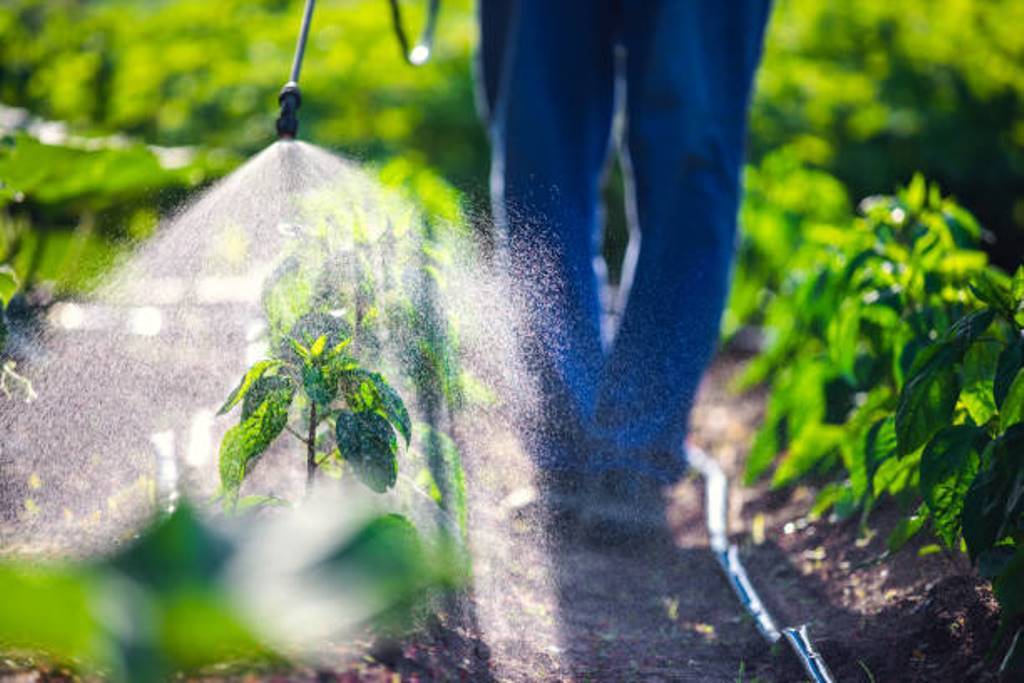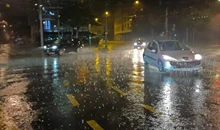
In court filings filed on Thursday, Monsanto said it had agreed to plead guilty to improperly using and storing pesticides in Hawaii and would pay a $12 million fine.
Monsanto decided to plead guilty to 30 environmental offenses after employees were permitted to enter maize fields on Oahu last year after glufosinate ammonium-based product Forfeit 280 was sprayed on the fields, according to the court document.
People are not allowed to access locations where the chemical has been sprayed for six days after it has been applied, according to federal legislation of the United States.
By failing to comply with Forfeit 280's labeling, Monsanto acknowledged violating the Federal Insecticide, Fungicide, and Rodenticide Act (FIFRA), which governs the registration, sale, distribution, and use of pesticides in the United States of America. "It is a violation of Federal law to use Forfeit 280 in a way contradictory with its label," the label for Forfeit 280 read. Monsanto utilized Forfeit 280 illegally at the Lower Kunia and Haleiwa sites on Oahu.
Monsanto also pled guilty to a misdemeanour count of unlawfully spraying the prohibited herbicide on maize seed and research crops at its Valley Farm site on Maui in 2014, according to the 2019 lawsuit. Monsanto admits to using Penncap-M in violation of FIFRA, although knowing that its use was restricted after 2013 due to an EPA "cancellation order." Monsanto also stated that following the 2014 spraying, it instructed personnel to return to the sprayed fields seven days later, despite knowing that workers should not have been allowed to visit the area for 31 days.
The illegal storage of acute hazardous waste in violation of the Resource Conservation and Recovery Act is one of the felony offenses covered by the DPA, and it is one of the two counts to which Monsanto will plead guilty (RCRA). Penncap-M was a "restricted use pesticide" that could not be purchased or used by the general public and could only be applied by a qualified applicator due to the potential for environmental harm and injury to applicators or bystanders.
Monsanto held 160 pounds of Penncap-M hazardous trash at a site on Molokai from March 2013 to August 2014, despite the insecticide being on the company's list of chemicals that required to be disposed of. This constituted Monsanto a "Large Quantity Generator" of hazardous waste under RCRA. "Monsanto was aware that Penncap-M posed a significant risk of damage to individuals and the environment," the company conceded in court filings released today.
Monsanto also stockpiled a total of 111 gallons of Penncap-M at Valley Farm and two additional sites known as Maalaea and Piilani, in addition to spraying the illegal pesticide at one of its three plants on Maui. According to court records, the storage of Penncap-M at the three Maui facilities rendered Monsanto a "Large Quantity Generator" of acutely hazardous waste, much like on Molokai. Furthermore, the corporation broke federal law when it transferred Penncap-M to its Valley Farm facility in 2014, failing to utilize a correct shipping manifest to identify the hazardous material and failing to get a permit to receive hazardous waste at that location.
Hence, Monsanto paid a total of $10.2 million in connection with the DPA and the earlier guilty plea, including a $6 million criminal penalties under the DPA, a $200,000 punishment for the FIFRA violation, and $4 million in community service payments to Hawaiian government bodies. Monsanto agreed to pay a $6 million criminal fine and $6 million in community service payments as part of the plea bargain released today. A total of $1.5 million will be distributed to four Hawaiian organisations.
The punishment outlined in today's court filings is subject to United States District Judge J. Michael Seabright's approval. The Criminal Investigation Division of the United States Environmental Protection Agency investigated this case. Assistant US Attorneys Erik M. Silber and Dennis Mitchell of the Environmental and Community Safety Crimes Section, as well as Mark A. Williams, Chief of the Environmental and Community Safety Crimes Section, are prosecuting this case.
These prosecutors are functioning as special lawyers designated by the Attorney General under 28 U.S.C. 515 in this case. The United States Attorney's Office for the District of Hawaii has been recused from the case.











